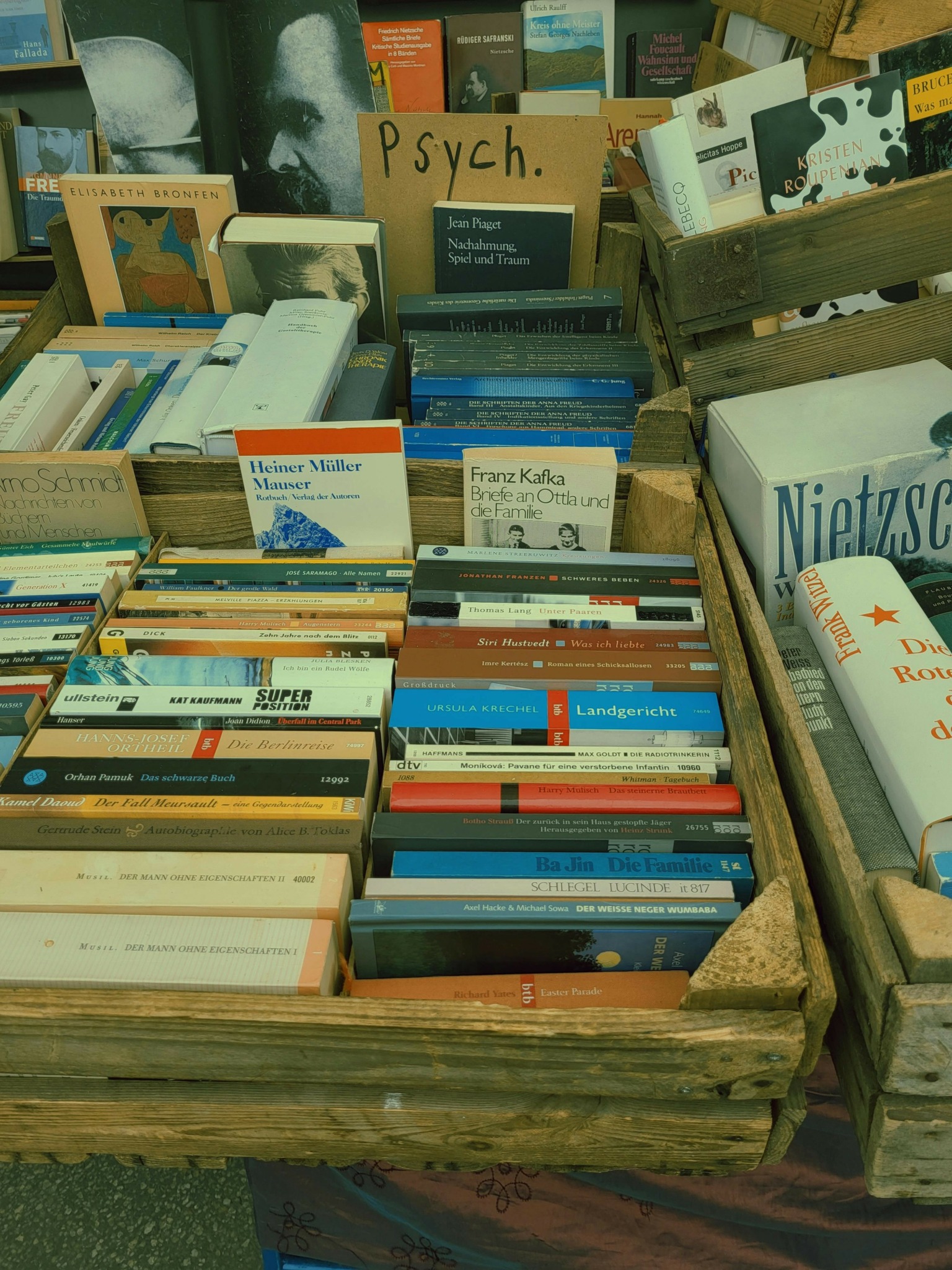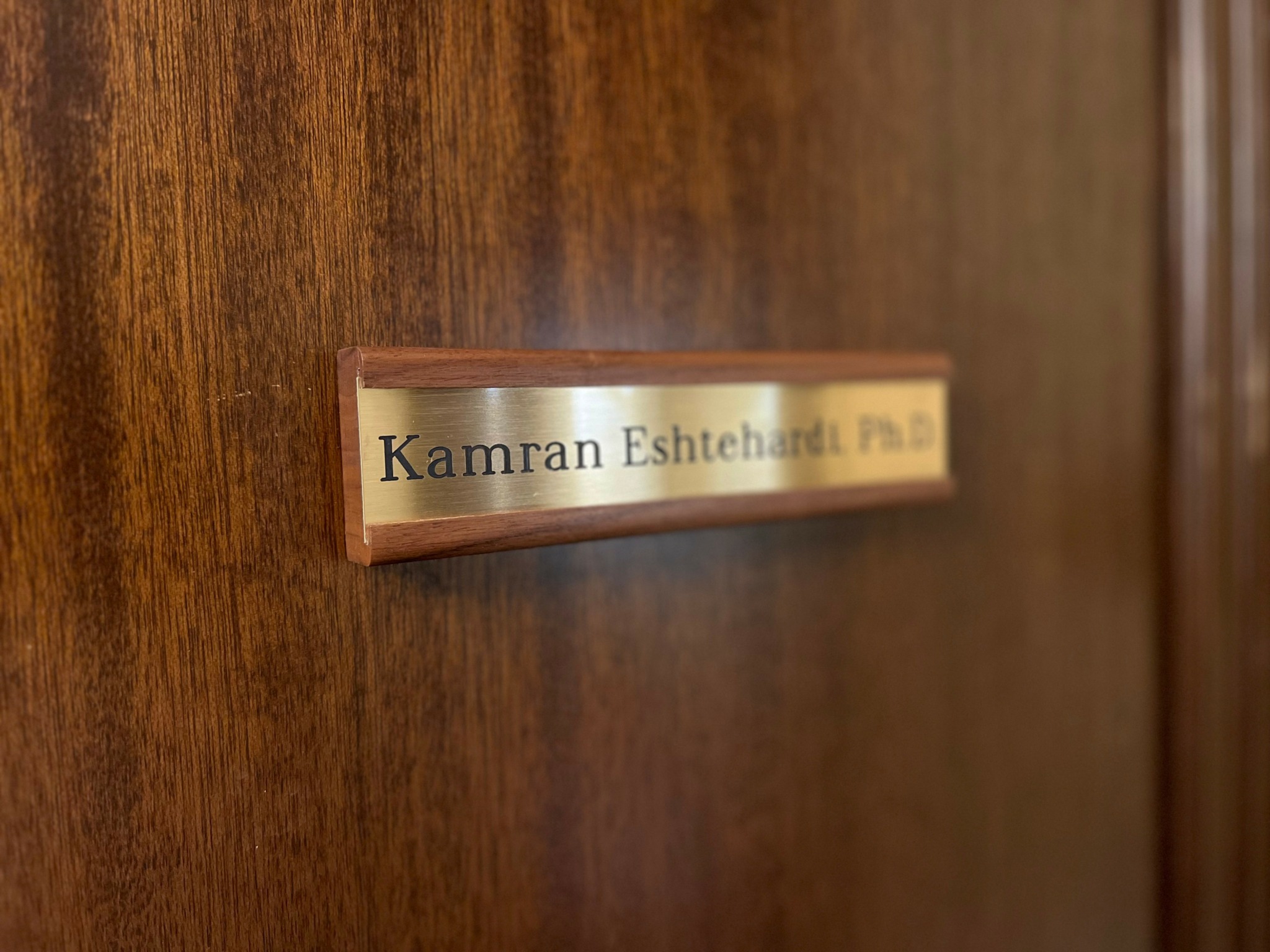We were lucky to catch up with Kamran Eshtehardi recently and have shared our conversation below.
Kamran, thanks for joining us, excited to have you contributing your stories and insights. How’s you first get into your field – what was your first job in this field?
Getting into the mental health field was actually an unexpected turn of events for me. When I first began college, my focus was on computer science and the video game industry, as video games had always been a passion of mine. Meanwhile, I needed a job, and a family connection led to me working in a substance use rehabilitation facility. The job involved spending time with clients, managing their schedules, and providing transportation. I found that I was well suited to working with people. I later got a job at a video game development studio, but was surprised to discover that the work culture wasn’t a great match for me. So I decided to shift gears at school and start working towards a degree in psychology. It was a great match for me intellectually as well, so I decided to go all in by applying to a PhD program. I am so grateful that serendipity led me to my career in psychology.

Awesome – so before we get into the rest of our questions, can you briefly introduce yourself to our readers.
I am a clinical psychologist practicing in Pasadena, California. I provide individual therapy to teens and adults, family therapy, couple therapy, and consultations for parents and caregivers. I use a wide range of treatment methodologies and I take a flexible approach in the way that I practice so that I can cater to the unique needs of every person I meet with.
Most of my clients wrestle with challenges such as anxiety, depression, high stress, grief, difficult life transitions, relationship conflict, self-doubt, perfectionism, and parenting concerns. A common experience my clients share is that they are not only struggling, but they judge themselves harshly for struggling in the first place. I call this “double dipping” and it’s something nearly all of us do, myself included. We feel bad about something and then feel bad that we feel bad. I aim to help clients cultivate more acceptance of their struggles while also working to overcome them.
A unique specialty I have cultivated is understanding and treating problematic technology usage and video game playing—a growing concern in today’s society. This is an issue that I have grappled with in my own life, and am even more passionate about after becoming a father in 2023. I have a technology-positive attitude, so rather than making technology the enemy, I try to help my clients figure out the healthiest and most beneficial ways to integrate technology into their lives in the specific ways that work for them.
I believe that living life is an art form rather than a science. I want to help my clients embrace their creativity and intuition as they navigate the ups and downs of life. I strive for each person I work with to feel understood, accepted, and empowered to achieve their goals.

Have any books or other resources had a big impact on you?
For many years, I have been deeply intrigued and inspired by philosophy and spirituality, which happen to be intertwined with the history and development of psychology. My passion for these subjects began in my teen years, after a serious car accident put me in a coma that doctors were unsure I would wake up from. This near-death experience left me grappling with significant existential dread and confusion. In trying to find a sense of peace with the complex matters of life and death, I took a deep dive into the works of ancient philosophers and spiritual thinkers. Since then, I have not stopped seeking out great minds who offer the kind of timeless wisdom that can profoundly influence one’s thinking.
In addition to philosophical, psychological, and spiritual texts, I am deeply passionate about the arts. I find myself easily moved by paintings, poetry, and fiction literature, just to name a few mediums. I also, somewhat controversially, believe that video games are a form of art that can express tremendous beauty and lead to inspiration. I believe that these art forms enrich our lives, allowing us to experience life more deeply and meaningfully. They remind me that life is art, as it is a process of continuous creation, exploration, and refinement. This perspective informs how I approach both my work and personal life, always seeking to integrate creativity and inspiration into everything I do.

Learning and unlearning are both critical parts of growth – can you share a story of a time when you had to unlearn a lesson?
A lesson I had to unlearn was the belief that everything in life is black or white, right or wrong, good or bad. It was a rigid, fixed mindset that life did not have gray areas. This was a lesson I learned from countless sources, as it permeates every corner of our society. My mindset only began to shift after my near-death experience in high school that left me grappling with deep existential questions. Suddenly, the clear-cut lines I once drew in my mind started to blur. I began to realize that life was not black and white. Life was not a series of math problems with “correct” answers.
Another turning point came when I worked at a substance use rehabilitation facility. I was confronted with a myriad of perspectives, and I witnessed people overcoming obstacles that seemed insurmountable. This experience taught me that life exists on a spectrum, that there are gray area between the black and white. We aren’t simply capable or incapable; we have the capacity to grow, change, and evolve in ways that are often unpredictable.
This shift in perspective is why I resonate so deeply with the idea that living life is an art form. Just as there is no one right way to create art, there is no one right way to live life. We each have our own palette, and the beauty of life lies in the unique ways we blend our colors.
Contact Info:
- Website: https://kamranphd.com




Image Credits
Alexander Kovalev
Pavel Danilyuk
Steve Johnson
Kamran Eshtehardi
Ulkar Batista
Cup of Couple


